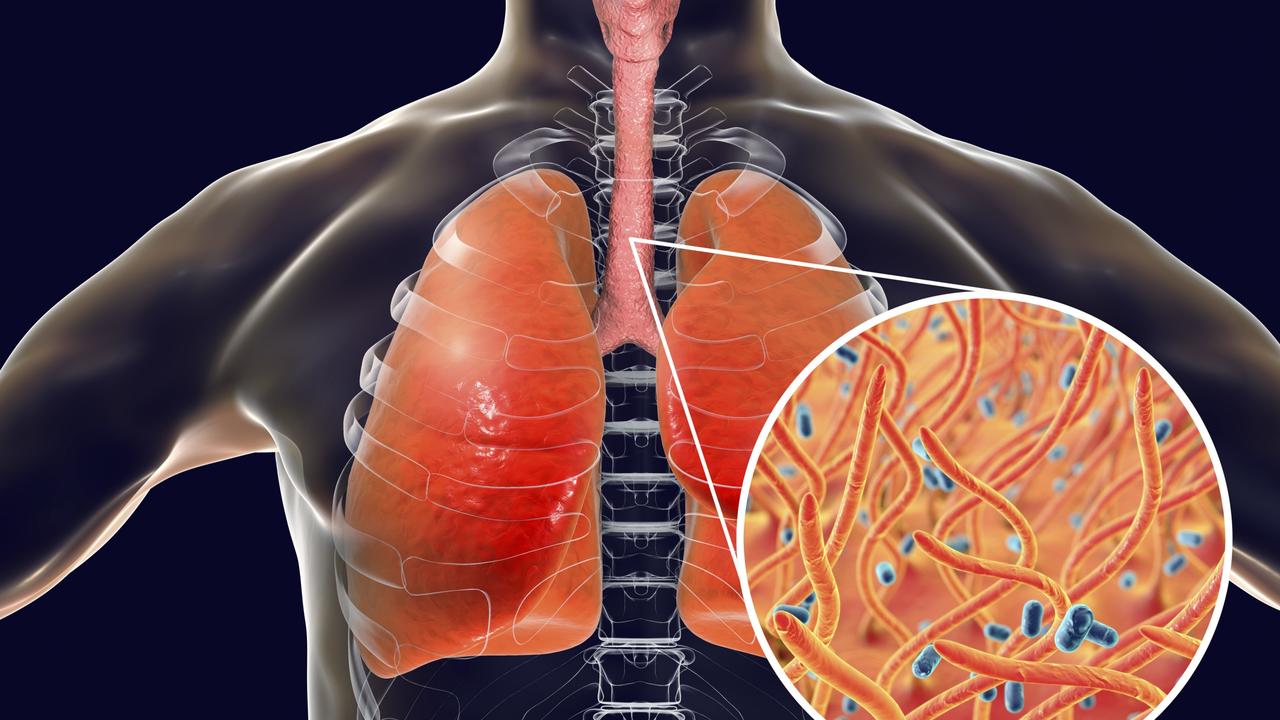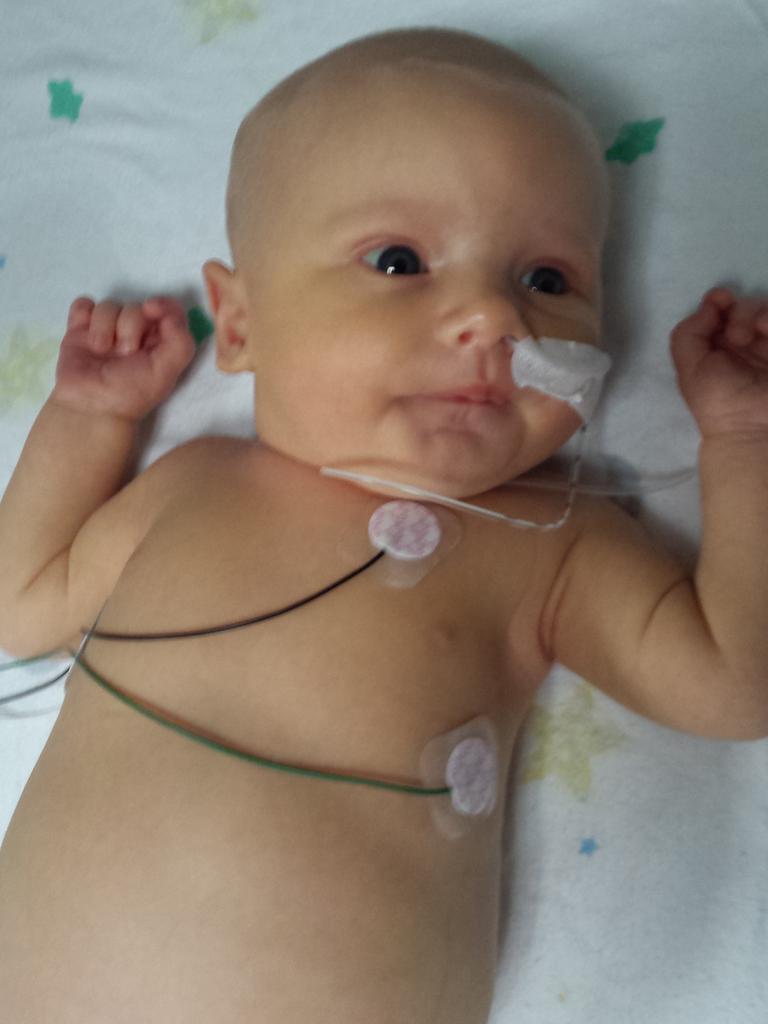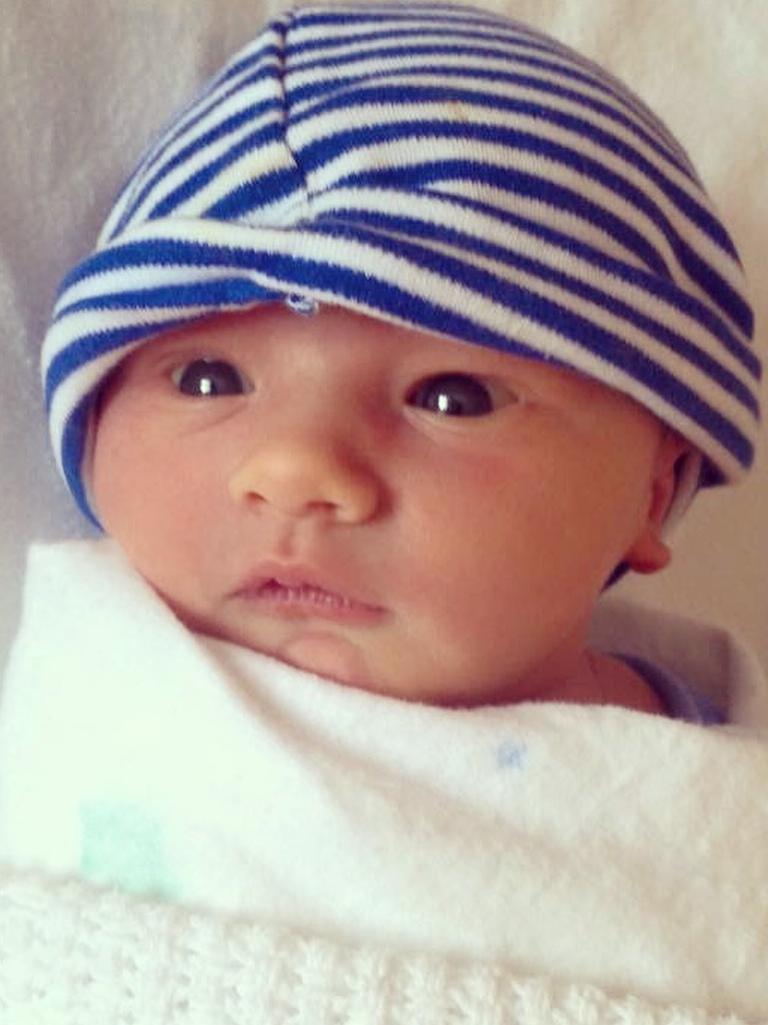‘Well overdue’: Major warning for ‘next epidemic’
Aussies are being warned of an impending epidemic, with an expert suggesting an outbreak of a highly-contagious infection as early as this summer.
Aussies are being warned our next epidemic could be around the corner, with experts cautioning that an outbreak of a highly contagious infection is “well overdue”.
Professor of Paediatrics and Child Health at the University of Sydney, Robert Booy suggests the country could be grappling with a whooping cough outbreak in the next few months.
“We’ve already got an increase in [hospital] presentations all over the country,” Professor Booy told news.com.au. “We should be really concerned.”
Also referred to as the ‘hundred-day cough’, whooping cough is a highly contagious respiratory tract infection caused by Bordetella pertussis bacteria, which can lead to pneumonia, brain damage and sometimes death.
Despite its misconception as a childhood disease, more than half of whooping cough cases in Australia are reported in adults, according to the Immunisation Federation of Australia.
The infection is more contagious than Influenza and Covid-19, and, once infected, a person can remain contagious for three weeks or until they receive antibiotics.
“The germ is easily spread,” said Professor Boy. “If people are close to each other, they’re crowded, they’re kissing and hugging and singing and shouting – (it doesn’t matter about) all of those measures in classrooms, workplaces and in nursing homes – it can lead to transmission.”

He said key symptoms to look out for include prolonged coughing, fever, and when children make a noise that sounds like “whoop” when taking a breath after coughing.
As of November 9, there have been 1,273 cases of whooping cough reported in Australia this year – double the number of cases from last year’s 481, as per the National Notifiable Disease Surveillance System.
With whooping cough epidemics occurring every three to five years on average, Professor Booy said Australia is due for another outbreak in the spring and summer months.
“It’s been eight years in Australia since we last had a big outbreak, so that means that a lot of people have lost their immunity over the last eight years and they are susceptible to repeated whooping cough.
“It’s the sleeping bear of respiratory infectious disease right now.”
He said the impending outbreak is likely to last six months, with tens of thousands of people likely infected before it eventually subsides.
“I’m especially worried that in the next few months, we’ll see a surge in children, especially very young infants being admitted to hospital and dying potentially of whooping cough.”
Catherine and Greg Hughes’ son, Riley, was one of the babies who lost their lives to the infection in 2015 – the year Australia experienced it’s most recent peak in infection.
The couple, who have gone on to found the Immunisation Foundation of Australia and ‘Light for Riley’ campaign, lost their son in March of that year when he was just 32 days old and too young to receive his first whooping cough vaccine.
“We were thrilled when our son, Riley John Hughes, was born on February 13, 2015. He was a healthy and strong baby, and his three-year-old sister, Olivia, couldn’t have been more excited,” Ms Hughes said in a statement on IFA.
“When Riley was three weeks old, he developed a little sniffle. A few days later, he started coughing occasionally, so I called the doctor.”


The doctor reassured Ms Hughes her son was fine but she later took him to a children’s hospital where he was diagnosed with whooping cough.
There, his condition worsened rapidly and his cough grew more severe, before he later passed.
“We watched helplessly as Riley’s body fought the infection,” Ms Hughes said. “He was placed on life support, but it wasn’t enough.”
After sharing their story, state governments announced they would offer free whooping cough booster shots to pregnant women as a measure to help protect newborn babies.
Professor Booy said vaccination is a “very effective” way to protect not only expecting mothers but others against the infection.
He urged all Aussies to consider getting the jab, including “people who are close contact of babies about to be born like grandparents”.
A booster shot is also required every 10 years to help protect against the infection, with research showing more than 80 per cent of Australian adults can’t recall receiving a whooping cough booster.

Professor Booy also suggested practising simple health measures as we did during Covid-19 like washing hands regularly and avoiding crowded places, or wearing a mask.
“[During lockdown] we socially isolated, we kept a metre and a half away from each other, all those sort of practical things work and they helped to prevent transmission of infection,” he said.
He recommended visiting the GP to receive antibiotics if you’ve had a cough for one to two weeks and you’re not improving.
Australians can also check their vaccination status by talking to a doctor, pharmacist or by looking at their Immunisation History Statement via the Express Plus Medicare app.





